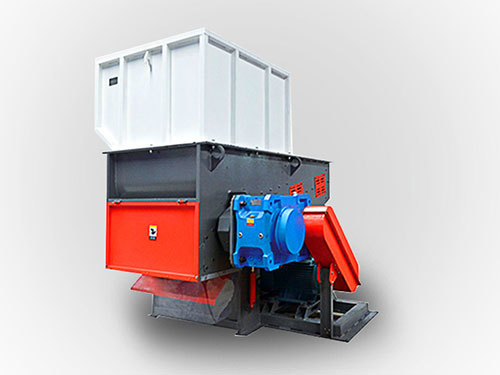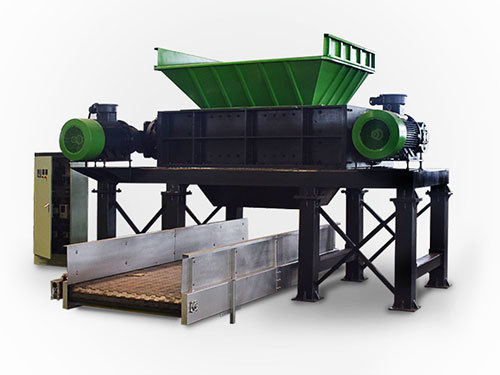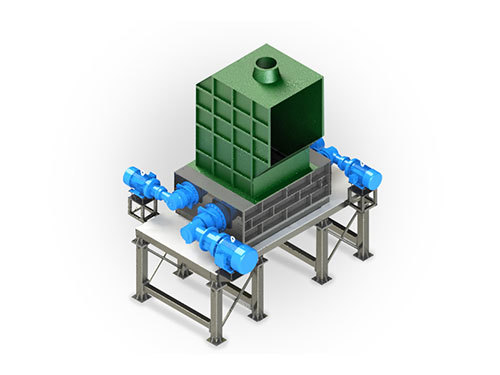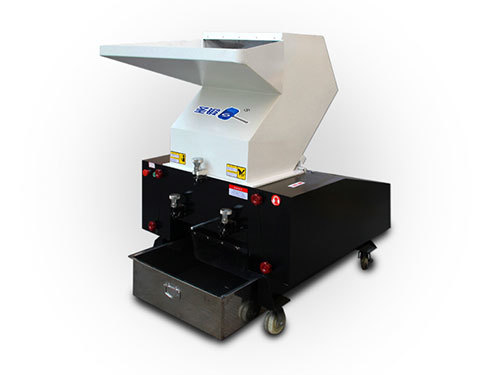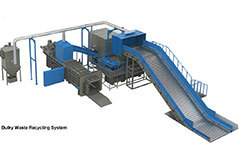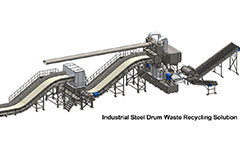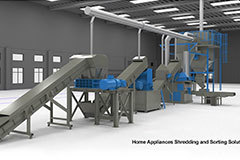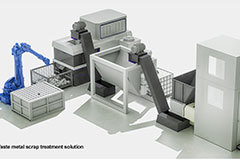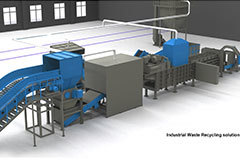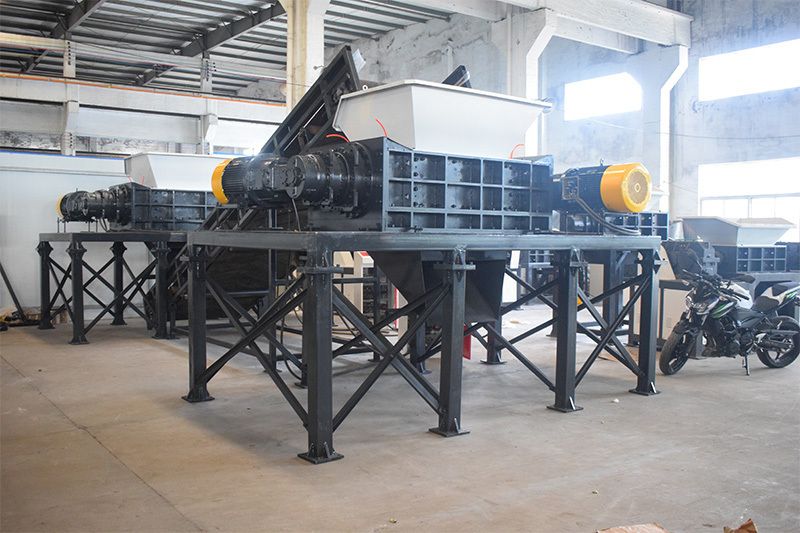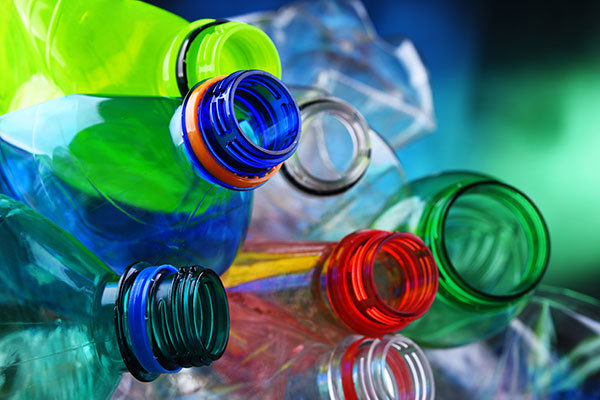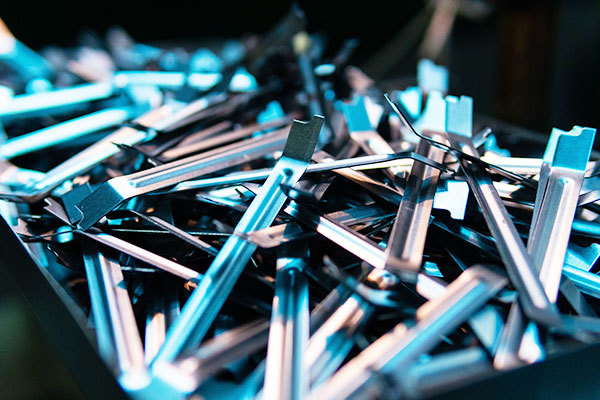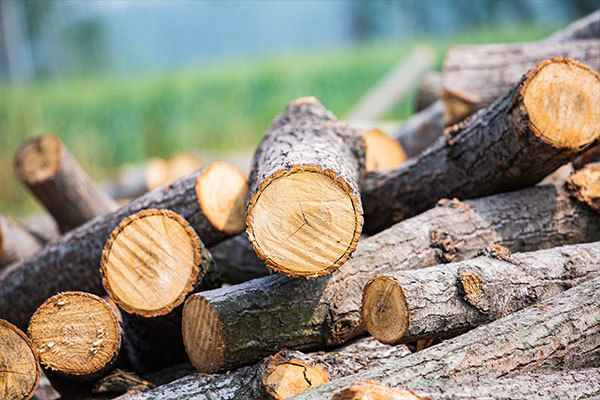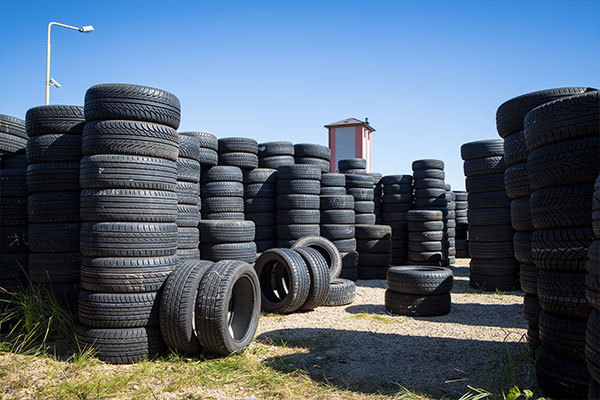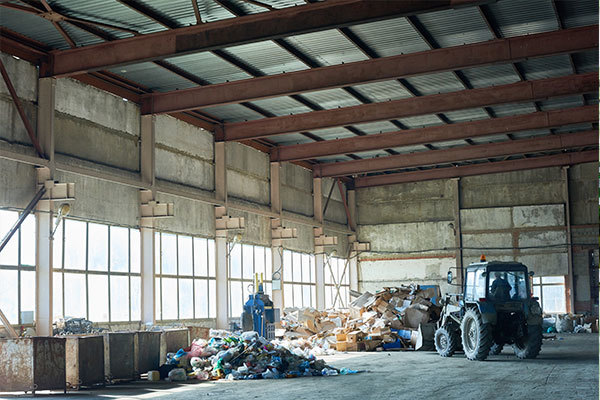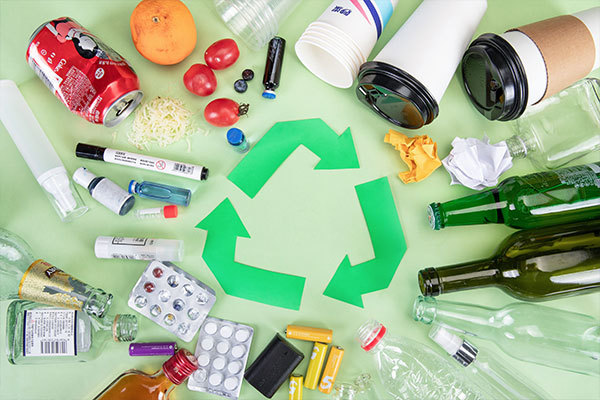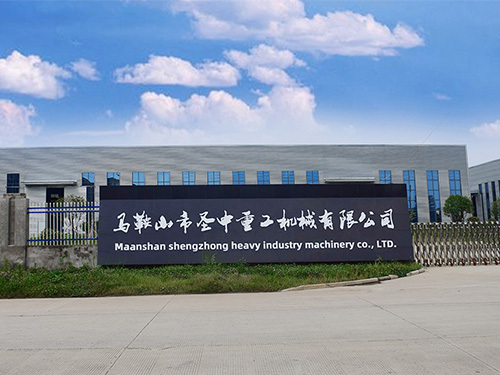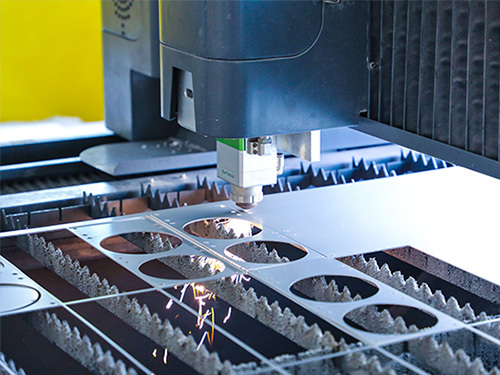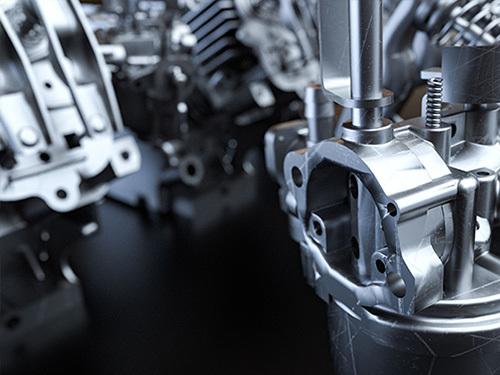
Understanding the Mechanics Behind Waste Plastic Crushers: A Comprehensive Guide
Understanding the Mechanics Behind Waste Plastic Crushers
Table of Contents
- Introduction to Waste Plastic Crushers
- The Importance of Recycling Plastic Waste
- How Waste Plastic Crushers Work
- Types of Waste Plastic Crushers
- Advantages of Using Waste Plastic Crushers
- Safety Considerations in Plastic Crushing
- Maintenance and Care for Optimal Performance
- The Future of Plastic Crushing Technology
- Conclusion
- Frequently Asked Questions
Introduction to Waste Plastic Crushers
Waste plastic crushers are innovative machines designed to tackle one of the largest environmental challenges of our time: plastic waste. With the rising production and consumption of plastic products, effective waste management solutions have become crucial. These machines are engineered to reduce the volume of plastic waste, making it easier to recycle and repurpose. This article delves into the intricacies of waste plastic crushers, examining their mechanics, types, benefits, and much more.
The Importance of Recycling Plastic Waste
The global plastic crisis is a pressing issue, with millions of tons of plastic waste entering landfills and oceans each year. Recycling plastic not only mitigates environmental damage but also conserves resources and energy. By repurposing plastic materials, we can reduce our reliance on virgin materials, lower greenhouse gas emissions, and foster a circular economy.
Waste plastic crushers play a pivotal role in this recycling process by transforming bulky plastic waste into manageable pieces. This makes it easier for recyclers to process and convert waste into new products, contributing to a more sustainable future.
How Waste Plastic Crushers Work
Understanding the mechanics behind waste plastic crushers is essential for comprehending their effectiveness in recycling.
Mechanical Design and Components
Waste plastic crushers are comprised of several key components that work together to achieve efficient waste processing. The main components include:
- **Feed Hopper**: This is where the waste plastic enters the machine. It is designed to accommodate various sizes and types of plastic materials.
- **Crusher Blades**: The heart of the machine, these sharp blades are responsible for cutting and shredding the plastic into smaller pieces. The design and configuration of the blades can vary based on the type of crusher.
- **Motor**: A powerful motor drives the blades, ensuring they operate at optimal speeds to efficiently process plastic.
- **Screening System**: After crushing, the material passes through a screening system that separates smaller particles from larger ones, ensuring uniformity in size.
- **Discharge Chute**: The processed material exits the machine through the discharge chute, ready for further recycling.
The Crushing Process Explained
The crushing process begins when plastic waste is fed into the hopper. The motor activates the blades, which rotate at high speeds, slicing through the material. The design of the blades allows for a multi-directional cutting action, increasing efficiency.
As the plastic is crushed, it is forced through the screening system. This not only ensures that the final product is of a consistent size but also allows any non-plastic contaminants to be removed, enhancing the quality of the recyclable material.
Types of Waste Plastic Crushers
Different types of waste plastic crushers are available, each suited for specific applications and types of plastic materials.
Single-Shaft Crushers
Single-shaft crushers are designed for processing various types of plastics. They are equipped with a single rotor that features multiple blades, allowing for efficient shredding of bulky items. These machines are ideal for recycling larger plastic products such as containers and pallets.
Multi-Shaft Crushers
Multi-shaft crushers utilize multiple rotors to enhance the crushing process. This design allows for finer shredding and is suitable for processing thin and flexible plastics. Multi-shaft crushers are often used in facilities that handle a diverse range of plastic waste.
Granulators
Granulators are specialized machines designed to produce small granules or flakes from larger plastic pieces. They feature sharp blades that are configured to create a specific size of output material. Granulators are often used in the recycling of post-consumer plastic waste and industrial scrap.
Advantages of Using Waste Plastic Crushers
Implementing waste plastic crushers in recycling facilities offers numerous advantages:
- **Efficiency**: These machines significantly reduce the size of plastic waste, making it easier to transport and process.
- **Cost-Effectiveness**: By streamlining the recycling process, waste plastic crushers can help lower operational costs.
- **Quality of Recyclables**: The ability to remove contaminants and produce uniform-sized material enhances the quality of recycled products.
- **Environmental Impact**: By facilitating recycling, plastic crushers contribute to reducing landfill waste and promoting sustainability.
Safety Considerations in Plastic Crushing
While waste plastic crushers are powerful machines that enhance recycling efforts, safety is paramount. Operators must adhere to strict safety protocols to prevent accidents. Key safety considerations include:
- **Personal Protective Equipment (PPE)**: Operators should wear appropriate PPE, including gloves, safety glasses, and ear protection.
- **Training**: Comprehensive training programs ensure operators understand machine functions and safety precautions.
- **Regular Inspections**: Routine maintenance and inspections help identify wear and tear before they lead to malfunctions.
Maintenance and Care for Optimal Performance
To ensure longevity and optimal performance, regular maintenance of waste plastic crushers is essential. Key maintenance practices include:
- **Cleaning**: Regularly clean the machine to remove residue and prevent contamination.
- **Blade Sharpening**: Keep blades sharp to maintain efficiency and reduce wear on the motor.
- **Lubrication**: Regularly lubricate moving parts to minimize friction and prevent breakdowns.
The Future of Plastic Crushing Technology
As the demand for sustainable solutions increases, the future of plastic crushing technology looks promising. Innovations in blade design, automation, and AI integration are set to enhance the efficiency of waste plastic crushers. Furthermore, the development of machines that can handle a broader range of materials will play a critical role in achieving zero waste goals.
Conclusion
Waste plastic crushers are indispensable tools in the fight against plastic pollution. By understanding their mechanics, types, and benefits, we can better appreciate their role in enhancing recycling efforts. As technology continues to evolve, these machines will play an even more significant part in promoting sustainability and reducing our environmental impact.
Frequently Asked Questions
1. What types of plastic can waste plastic crushers process?
Waste plastic crushers can process various types of plastic, including PET, HDPE, PVC, and more.
2. How often should waste plastic crushers be maintained?
Regular maintenance should be conducted every few months, with more frequent checks based on usage intensity.
3. Can waste plastic crushers handle metal contaminants?
Most crushers are designed to separate plastic from non-plastic materials; however, using a magnet or metal detector beforehand is advisable.
4. What safety measures should be taken when operating a waste plastic crusher?
Operators should wear PPE, undergo training, and ensure the machine is inspected regularly for maintenance.
5. How do waste plastic crushers contribute to sustainability?
By reducing plastic waste for recycling, these machines help conserve resources, reduce landfill use, and promote a circular economy.
waste plastic crusher
News
Center
Contact us

Maanshan shengzhong heavy industry machinery co.,Ltd.

Address: Bowang Economic Development Zone, Bowang New District, Ma'anshan City, Anhui Province

Tel: 0555-6765308

Mobile: +8615385558866


